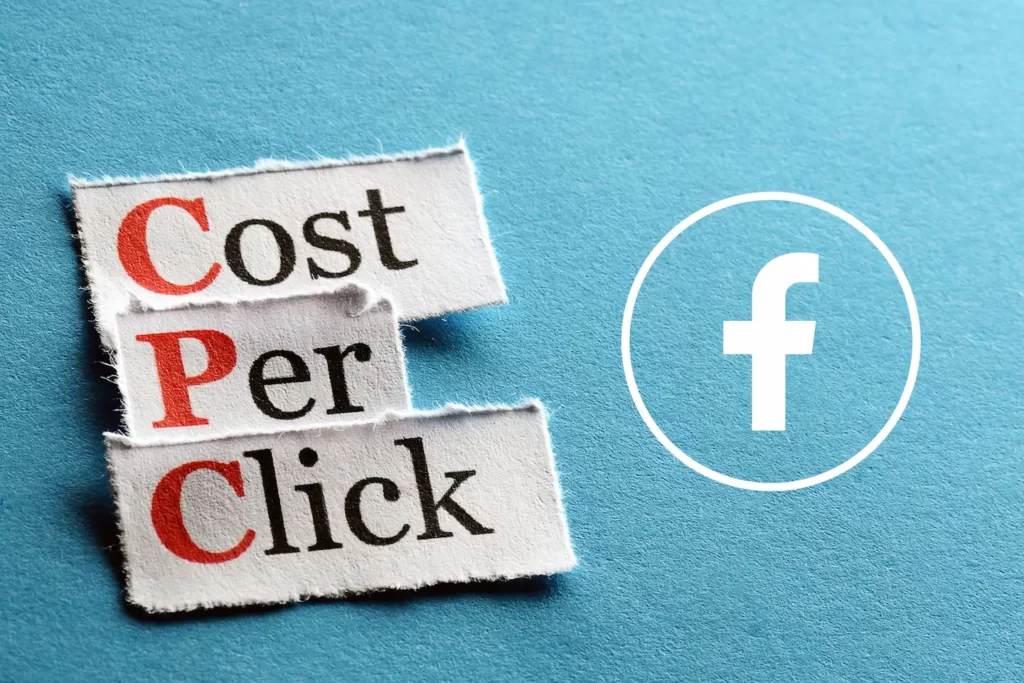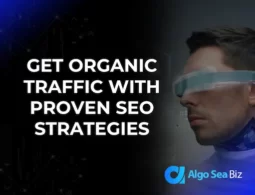Average CPC on Facebook: What You Need to Know
Ever scrolled through your Facebook feed and clicked on an interesting ad? Well, you’re not alone. With billions of active users, Facebook has become a giant in the world of digital advertising. Amidst all the advertising jargon and metrics, there’s one term that stands out for marketers: Cost-Per-Click, commonly known as CPC. Let’s dive deeper to understand what this means for your business.
A. What is CPC and Why Does it Matter?
Simply put, CPC refers to the amount an advertiser pays every time someone clicks on their ad on Facebook. Think of it like this: every click on your ad is a potential customer showing interest, and you pay a small fee for that opportunity. The reason CPC is so crucial is because it directly measures how much you’re spending to get that interest. If you’re paying a lot for clicks but not getting much in return, it might be time to reassess your advertising strategy.
B. Factors Influencing Facebook CPC
Now, you might be wondering: “Why is my CPC higher than last month?” or “Why is my competitor’s CPC lower than mine?” Well, several factors can influence your CPC on Facebook:
- Target Audience and Demographics: Just like in an auction, if more businesses are trying to reach the same audience as you, the cost goes up. For instance, targeting a tech-savvy audience between the ages of 18-24 might cost more than targeting an older age group, simply because more businesses are vying for their attention.
- Ad Quality and Relevance: Facebook wants its users to have a good experience. If your ad is relevant to your audience and gets positive engagement, Facebook is more likely to show it without hiking up the cost. On the flip side, if users are hiding your ad or reporting it, your CPC could increase.
- Time of the Year and Industry Benchmarks: Ever noticed a spike in ads during the holiday season? That’s because many businesses are advertising, leading to more competition and potentially higher CPCs. Similarly, some industries naturally have higher CPCs due to the competitive nature of their market.
Understanding these factors can help businesses plan better and allocate their advertising budget more effectively. After all, in the world of Facebook advertising, knowledge truly is power.
C. Historical Trends in Facebook CPC
In the early days of Facebook advertising, businesses could get a bang for their buck with relatively low costs. Over the years, however, as the platform matured and more businesses flocked to advertise, the average CPC started to rise. A significant change occurred every time Facebook tweaked its algorithm. For instance, when the platform began prioritizing content from family and friends over businesses, brands saw a shift in their CPC due to decreased organic reach. Moreover, as the digital market evolved and mobile advertising became dominant, the CPC dynamics on Facebook changed accordingly, emphasizing the importance of mobile-optimized ads.
D. Average CPC on Facebook: Current Benchmarks
As of now, the average CPC on Facebook varies depending on the industry. For example:
- E-commerce might see an average CPC of $0.70.
- Real estate could experience a CPC around $1.50.
- The education sector might have a slightly lower CPC, hovering around $0.60.
Comparing these to previous years, it’s evident that while some industries have witnessed a gradual rise in CPC, others have remained relatively stable. It’s crucial for advertisers to stay updated with these benchmarks, as they provide valuable insights into campaign performance and budgeting.
E. How Facebook’s CPC Compares to Other Platforms
When it comes to advertising, Facebook isn’t the only player in town. But how does its CPC stack up against other platforms? Let’s break it down:
- Google Ads: Known for its vast reach, Google Ads typically has a higher average CPC, especially for highly competitive keywords. Depending on the industry, CPC can range from $1 to $6.
- Instagram (owned by Facebook): Given its visual nature, Instagram often sees a slightly higher CPC compared to Facebook, averaging around $0.80 to $1.20.
- LinkedIn: Being a professional network, LinkedIn targets a niche audience, leading to a higher average CPC, often between $2 and $5.
- Twitter: With a diverse user base, Twitter’s average CPC tends to be more in line with Facebook, usually falling in the $0.50 to $2 range.
While each platform has its unique strengths, it’s essential to consider the specific audience and objectives before investing. Sometimes, a higher CPC might be justified by better conversion rates or a more targeted reach.
F. Tips to Optimize Your Facebook CPC
- Improving Ad Relevance and Quality: The more relevant your ad content is to your audience, the better your engagement rates. This can lead to a higher relevance score on Facebook, potentially decreasing your CPC. Use high-quality images, write compelling ad copy, and make sure the landing page you’re directing users to matches the promise of your ad.
- Effective Audience Targeting: The better you know your audience, the more precisely you can target them. Using Facebook’s detailed targeting options—like interests, behaviors, and demographics—can help you reach the right people and possibly reduce your CPC. Remember, it’s not about reaching more people; it’s about reaching the right people.
- A/B Testing of Ads for Better Performance: Don’t put all your eggs in one basket. Test multiple ad versions to see which one resonates best with your audience. By A/B testing different headlines, images, or call-to-action buttons, you can identify top-performing ads and allocate more budget to them, optimizing your CPC in the process.
G. Q&A: Average CPC on Facebook
1. What factors can cause a higher CPC on my Facebook ads?
Certain elements like highly competitive industries, targeting broader audiences without specifics, or having ads with lower relevance scores can drive up the CPC. Also, the platform’s algorithm changes or bidding strategies can affect your CPC.
2. How often should I review and adjust my CPC?
Regular monitoring is key. Ideally, you should check your CPC at least once a week. This helps you catch any sudden spikes in costs or drops in performance, allowing for timely adjustments.
3. Is a lower CPC always better for my advertising campaign?
Not necessarily. While a lower CPC means you’re paying less per click, it’s essential to balance this with the quality and relevance of your ads. Sometimes, a slightly higher CPC might yield better results if it leads to higher conversions or engagement.
4. How does ad placement impact CPC on Facebook?
Different placements can influence costs. For instance, ads placed in the Facebook News Feed might have a different CPC than those on Instagram Stories or the right-hand column of Facebook. It’s essential to test and find out which placements work best for your goals and budget.
5. Can seasonality affect my CPC on Facebook?
Absolutely! Times like holidays or big sale events can lead to increased competition on Facebook ads, driving up the CPC. It’s essential to be aware of these seasonal trends and plan your advertising budget accordingly.
H. Conclusion
The world of advertising, especially on platforms like Facebook, is ever-changing. With the rise and fall in user trends, algorithm tweaks, and market shifts, the cost-per-click (CPC) remains a vital metric to understand and monitor. It’s not just about the cost; it’s about the value and impact that every click can bring to your brand. As with any investment, the key is not just spending but spending wisely. For businesses and marketers, it’s essential to remember that while averages and benchmarks provide a guideline, your unique audience, goals, and content play a significant role in your CPC. It’s a dance of numbers and narratives, analytics, and creativity.
In today’s digital age, opportunities are abundant, but so are the challenges. By staying informed about the average CPC on Facebook and adjusting your strategies accordingly, you can ensure that your advertising efforts are both effective and efficient. It’s a continuous journey of learning, experimenting, and optimizing. So, as you embark or continue on your Facebook advertising voyage, always keep an eye on your CPC, but more importantly, focus on the bigger picture: connecting with your audience and achieving your business goals. Dive deep, test, learn, and optimize. Your perfect CPC strategy awaits!










